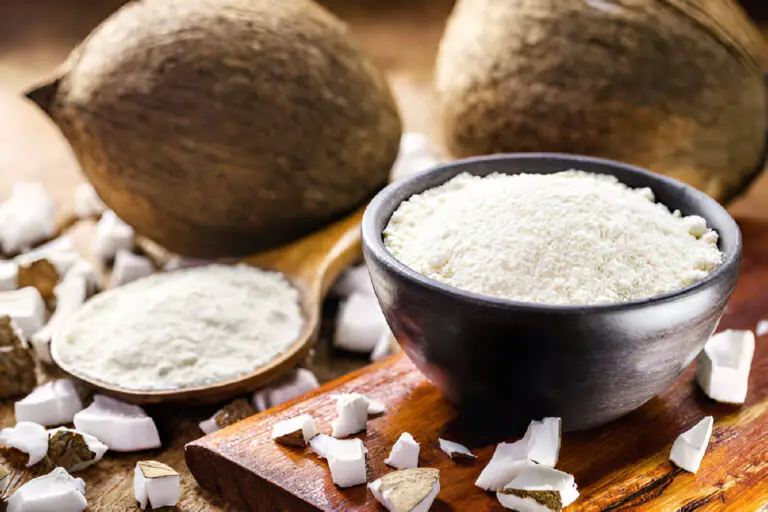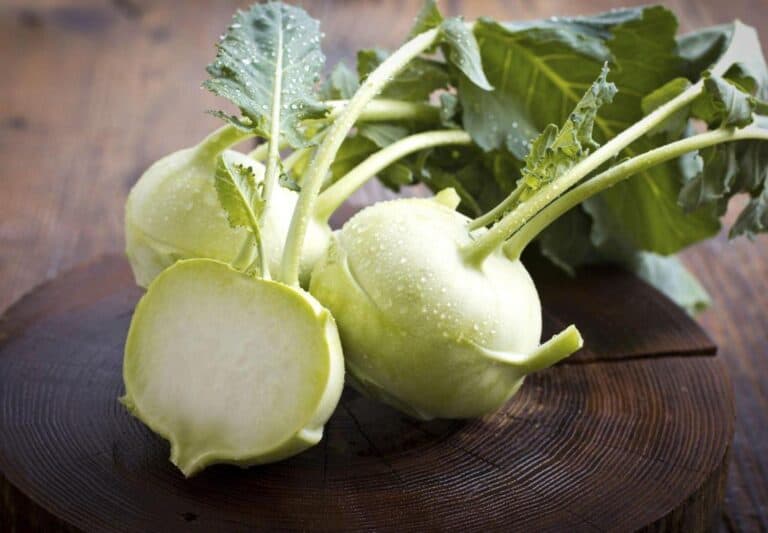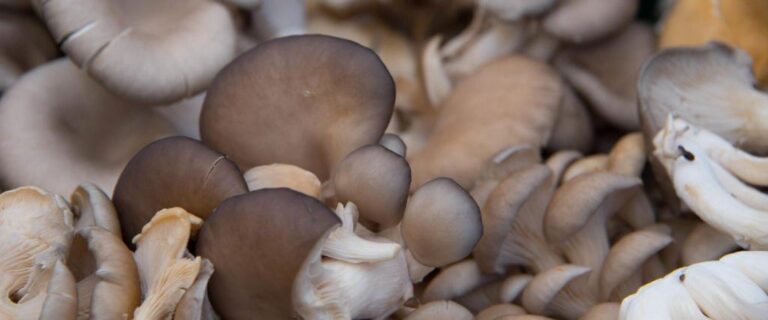Is Bok Choy Healthier Raw or Cooked? Pros and Cons of Eating Bok Choy
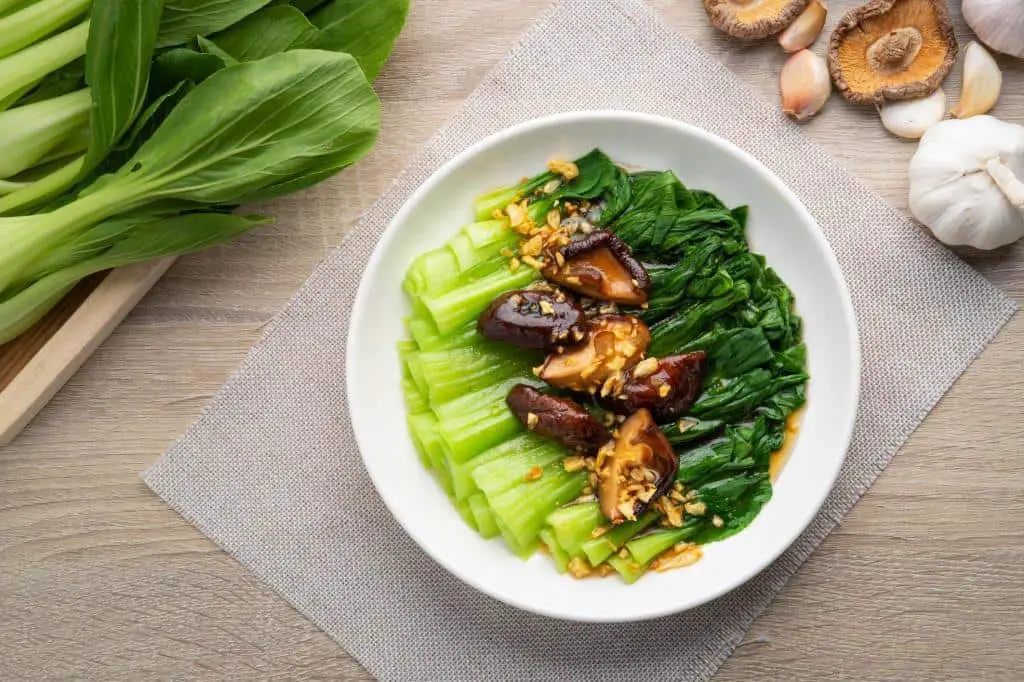
Bok choy is a leafy green vegetable that has gained popularity in recent years due to its unique taste and impressive nutritional benefits. It’s a staple in many cuisines worldwide and is known for its versatility in cooking. But the question remains: Is bok choy healthier raw or cooked?
While some people prefer the crunch of raw bok choy in their salads, others swear by the flavor of cooked bok choy in their stir-fries and soups. In this article, we will explore the pros and cons of eating both raw and cooked bok choy, as well as some creative ways to incorporate this nutritious vegetable into your diet.
Whether you’re a fan of raw or cooked bok choy, this article will provide you with valuable insights to help you make an informed decision about your dietary choices.
Nutritional Differences Between Raw and Cooked Bok Choy
Bok choy is a nutritious vegetable that is low in calories but high in vitamins and minerals. When it comes to the question of whether raw or cooked bok choy is more nutritious, the answer is not straightforward. While both raw and cooked bok choy offer a variety of health benefits, each has its own unique set of nutritional differences.
Raw bok choy is crisp and refreshing, with a mild flavor and crunchy texture. Eating raw bok choy is an excellent way to get a boost of vitamin C, which is important for immune system health, and vitamin K, which is essential for healthy bones. Raw bok choy also contains sulforaphane, a compound that has been linked to cancer prevention and improved heart health.
On the other hand, cooking bok choy can enhance its nutritional value. Cooking bok choy can make it easier for your body to absorb certain nutrients. Calcium and iron are more easily absorbed when the vegetable is cooked. Additionally, cooking bok choy can help to break down the tough fibers in the vegetable, making it easier to digest.
Benefits of Eating Raw Bok Choy
Raw bok choy is an incredibly nutritious vegetable with a range of benefits for your overall health. This leafy green vegetable is rich in vitamins and minerals, including vitamin C, vitamin K, vitamin A, folate, calcium, and potassium. These nutrients help your body do things like keep your bones healthy, keep your immune system working, and keep your skin healthy.
Eating raw bok choy is also a great way to consume dietary fiber, which can help promote digestive health and prevent constipation. Additionally, this vegetable is very low in calories and contains no fat, making it an ideal food for those who are trying to maintain a healthy weight.
Raw bok choy is also an excellent source of antioxidants, which help to protect your body from free radicals that can cause damage to your cells. The antioxidants in bok choy, such as beta-carotene and flavonoids, have been linked to a reduced risk of chronic diseases such as cancer, heart disease, and Alzheimer’s disease.
Finally, eating raw bok choy can help keep you hydrated, as it contains a high amount of water. Staying hydrated is important for keeping your skin healthy, controlling your body temperature, and making sure your organs work the way they should.
Benefits of Eating Cooked Bok Choy
Cooking bok choy is a way to enhance its taste and nutritional benefits. When cooked, bok choy can offer several health benefits that are different from those of raw bok choy.
One of the best things about cooked bok choy is that it has more nutrients that are easy to absorb. Cooking breaks down the tough cell walls of bok choy and releases valuable nutrients like vitamins A, C, and K. These nutrients are essential for maintaining healthy eyesight, skin, and immune function.
Cooked bok choy is also easier to digest than raw bok choy, as the heat from cooking helps to break down the vegetable’s tough fibers. This makes it an excellent option for individuals who have trouble digesting raw vegetables.
Another advantage of cooking bok choy is that it increases its antioxidant activity. Research has shown that cooking bok choy increases its antioxidant content, which helps protect the body against damage from harmful free radicals. Antioxidants are very important for maintaining your health in general and lowering your risk of long-term diseases like cancer and heart disease.
Cooking bok choy can also make it easier to consume larger amounts of this nutritious vegetable. By cooking it, the volume of bok choy decreases, making it easier to eat more of it in a single serving.
Is Bok Choy Healthier Raw or Cooked?
Bok choy is a popular leafy green vegetable that is widely used in Asian cuisine. It is low in calories and high in nutrients, making it a healthy addition to any diet. But the question remains: Is bok choy healthier raw or cooked?
There is no definitive answer to this question, as it depends on individual preferences and nutritional goals. Raw bok choy has a crisp texture and a slightly bitter taste. It is a good source of vitamin C and folate, which are both heat-sensitive and can be lost during cooking. When you eat raw bok choy, the enzymes and other phytochemicals that are good for digestion and your overall health stay in your body.
On the other hand, cooking bok choy helps to break down the tough fibers, making it easier to digest and absorb the nutrients. Cooking bok choy also increases its content of certain nutrients, such as beta-carotene and potassium.
Cooking methods can affect the nutritional content of bok choy. Boiling bok choy, for example, can cause some of the nutrients to leach out into the cooking water. So, cooking bok choy by steaming or stir-frying may be a better way to keep the nutrients.
Health Concerns for Eating Raw Bok Choy
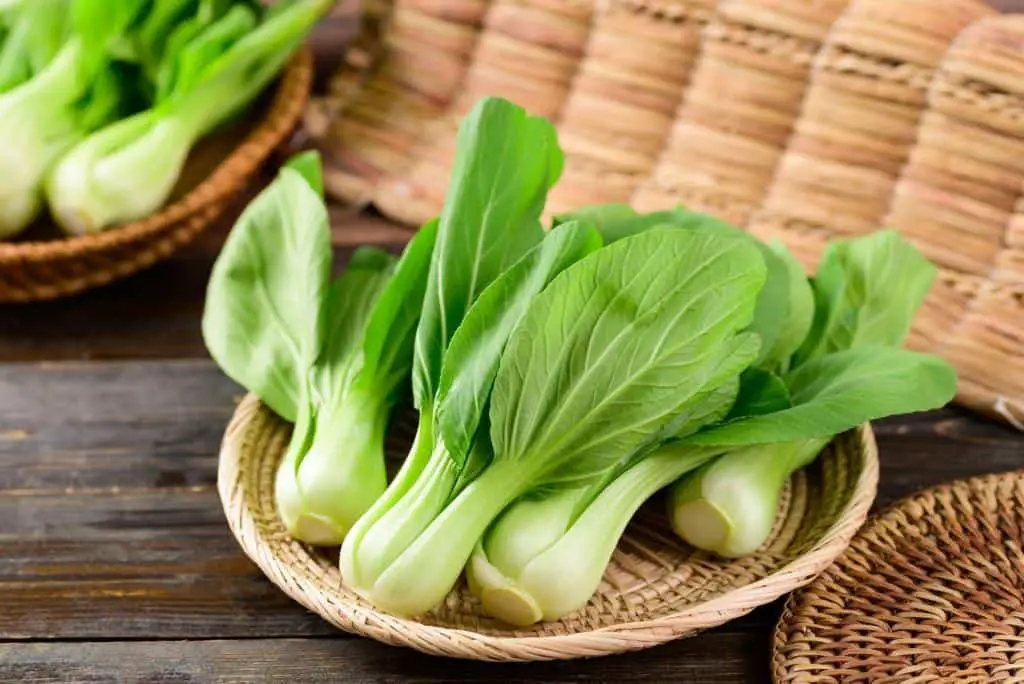
Raw bok choy has a lot of health benefits, but there are also some possible health problems that could come from eating it. One such concern is the risk of consuming too many glucosinolates, which can be harmful in large amounts. Glucosinolates are natural chemicals that are found in cruciferous vegetables like bok choy. If you eat too many of them, you could get a goiter or have thyroid problems.
Another health concern when it comes to raw bok choy is the presence of harmful bacteria such as E. coli or Salmonella. These bacteria can be present on the leaves of raw bok choy and can cause foodborne illness if not properly washed or cooked. To reduce the risk of infection, it is recommended to always wash raw bok choy thoroughly with running water and a vegetable brush to remove any dirt or debris.
Also, people who already have health problems or take certain medicines should be careful when eating raw bok choy. For example, individuals with hypothyroidism or taking blood thinners should limit their intake of raw bok choy as it can interact with their medications.
While raw bok choy can be a healthy addition to one’s diet, it is important to be aware of these potential health concerns and take appropriate precautions to reduce the risk of negative health outcomes. Cooking bok choy can help reduce the risk of bacterial contamination and may also help reduce the amount of glucosinolates present, making it a safer option for some individuals.
Pros and Cons of Eating Raw or Cooked Bok Choy
| Eating Raw Bok Choy | Eating Cooked Bok Choy |
|---|---|
| Pros: | Pros: |
| – Retains most of its nutrients, especially Vitamin C and folate | – Easier to digest and absorb nutrients |
| – Provides a crunchy texture and fresh taste | – Can enhance flavors when cooked with other ingredients |
| – Low in calories and high in fiber | – Reduces the risk of food-borne illnesses |
| Cons: | Cons: |
| – Contains goitrogens that can interfere with thyroid function if consumed in large amounts | – May lose some nutrients during cooking process |
| – May be difficult to digest for some individuals, causing bloating or gas | – May become too soft or mushy if overcooked |
| – Can be harder to incorporate into recipes due to its crunchy texture | – May require additional ingredients or seasonings to enhance flavor |
Overall, both raw and cooked bok choy have their advantages and disadvantages. Ultimately, the choice between raw or cooked bok choy depends on personal preferences, dietary needs, and cooking methods.
Cooking Methods That Preserve the Nutrients in Bok Choy
The cooking method you choose can have a significant impact on its nutritional value. While some cooking methods can cause a significant loss of nutrients, others can help preserve the vitamins and minerals in bok choy.
One of the best ways to preserve the nutrients in bok choy is to steam it. Steaming helps to retain the vitamins and minerals in the vegetable while still cooking it to perfection. To steam bok choy, simply place it in a steamer basket over a pot of boiling water for 2-3 minutes or until it is tender.
Another cooking method that preserves the nutrients in bok choy is stir-frying. Stir-frying cooks the vegetable quickly and at a high temperature, which helps it keep its vitamins and minerals. To stir-fry bok choy, heat a small amount of oil in a wok or large skillet, add the bok choy, and stir-fry for 2-3 minutes until it is tender.
Boiling bok choy can cause a significant loss of nutrients, so it is not the best cooking method if you want to preserve the nutritional value of the vegetable. However, if you choose to boil bok choy, it is important to use as little water as possible and cook it for a short period of time.
Finally, roasting bok choy can also help to preserve its nutrients. Roasting bok choy in the oven at a high temperature for a short period of time can help to retain its vitamins and minerals while also giving it a delicious crispy texture. Simply toss bok choy with a small amount of oil and your favorite seasonings, then roast it in the oven for 8–10 minutes, or until it is tender and lightly browned.
How To Incorporate Both Raw and Cooked Bok Choy Into Your Diet
Bok choy is easy to incorporate into your diet in various ways. Raw bok choy can be a great addition to salads or used as a crispy and refreshing snack. You can slice it thinly and mix it with other vegetables or fruits for a colorful and nutritious salad. Adding a simple dressing of olive oil, vinegar, and salt will complement the mild flavor of the raw bok choy.
Cooked bok choy is delicious in stir-fries, soups, and other dishes. It can be stir-fried with other vegetables and your protein of choice, seasoned with soy sauce or other spices for added flavor.
Cooked bok choy can also be used in soups and stews, adding a subtle but tasty flavor and a boost of nutrients. Steaming or boiling bok choy is another way to enjoy it. This method preserves most of its nutrients and retains its crisp texture.
Combining raw and cooked bok choy in the same dish is another great way to enjoy the benefits of both. For example, you can make a warm bok choy salad by briefly sautéing some bok choy leaves and stems with garlic and chili flakes, then mixing them with raw bok choy leaves and other fresh vegetables, and topping with a light dressing.
If you’re looking for a quick and easy way to add bok choy to your diet, you can also try blending raw or cooked bok choy leaves into smoothies. This is a great way to sneak in some extra greens into your diet without altering the taste of your favorite smoothie recipes.

